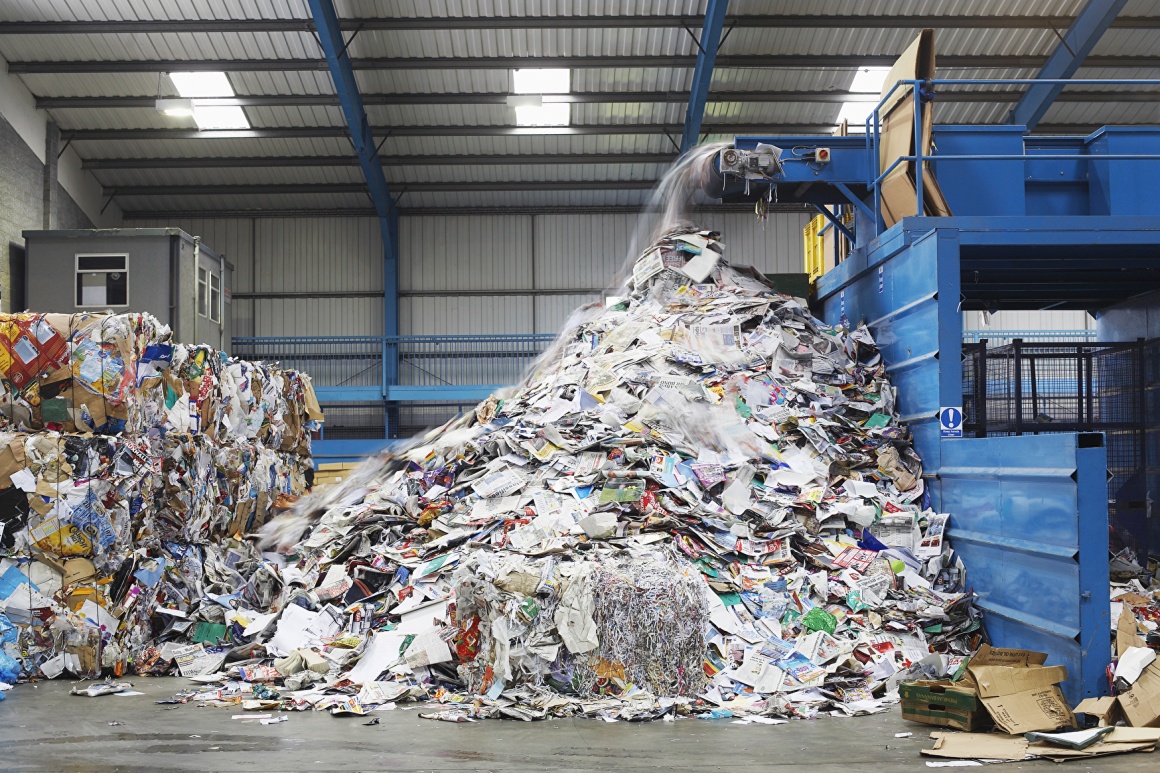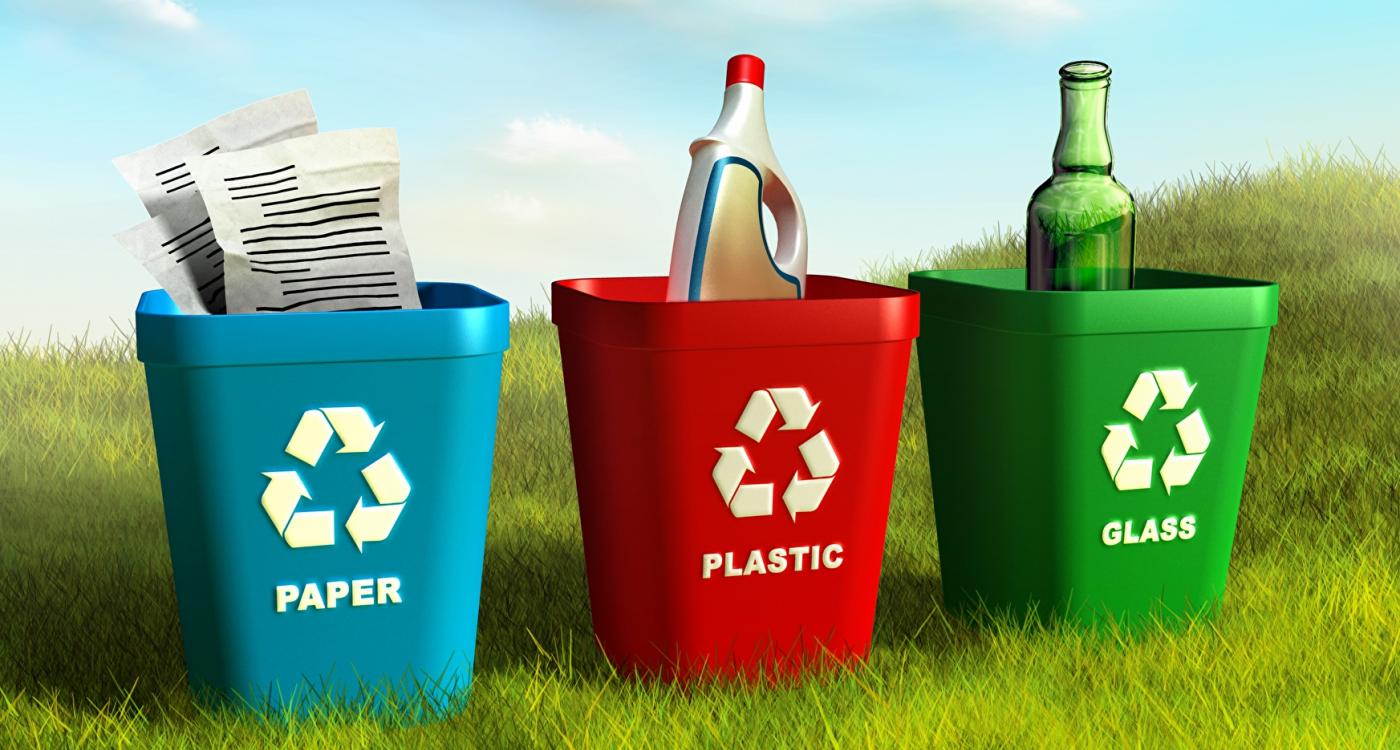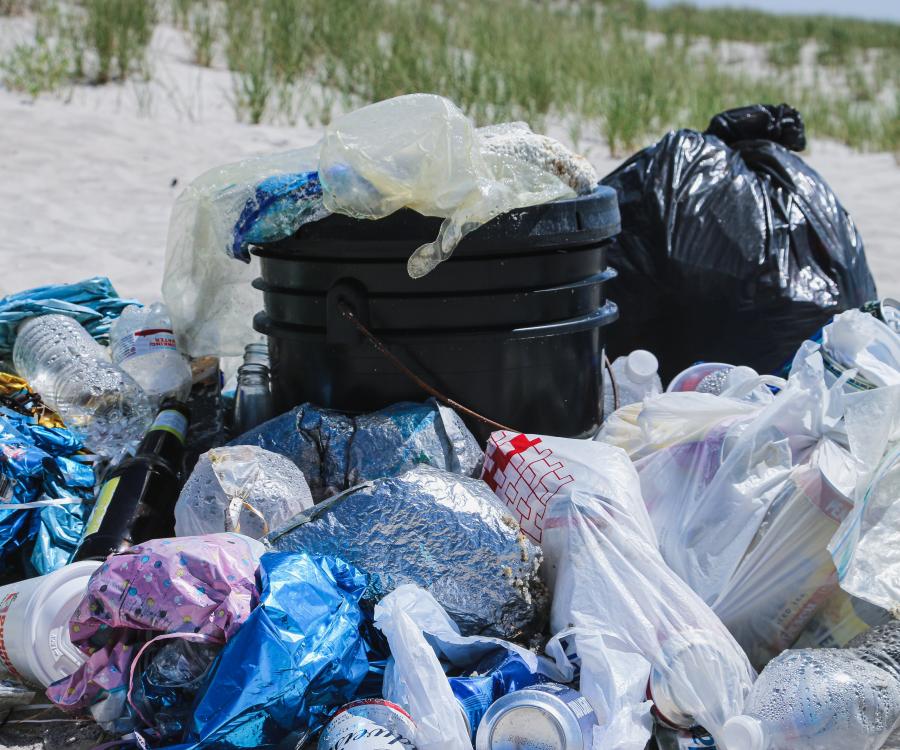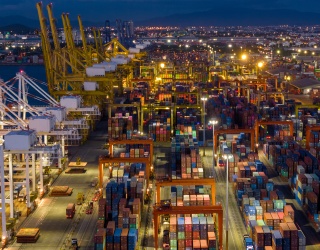Images of plastic accumulation zones in the world's oceans, dying animals, ice melting at the poles and extreme drought – as climate change intensifies, so too does public discourse. Garbage and packaging waste are top issues and play an important role on many levels. On January 1, 2019, the new German Packaging Act entered into force. It aims to increase recycling rates and promotes the use of eco-friendly and recyclable packaging. How does it affect manufacturers and retailers?
The German Packaging Act: What are the new obligations?
The Packaging Act mandates manufacturers and distributors of packaging materials to register with the newly created Central Packaging Registry (CPR, “Zentrale Stelle Verpackungsregister”) and participate in a dual system. The system participation comes with a fee. "Section 21 of the Packaging Act is new and mandates dual system operators to create financial incentives for packaging that is easily recyclable or made from renewable raw materials," explains Stefan Munz, founder and CEO of CLOVER Sustainability Services GmbH, a systems house for packaging management. “Section 21 is designed to promote the use of eco-friendly and recyclable packaging and renewable raw materials.”
New obligations for retailers
When does this become relevant for retailers and when do they have to register to participate in the dual system? Generally, retailers are not the entity that commercially places packaged goods on the market for the first time. In this case, retailers don’t have to register packaging through a license. However, they are obliged to inquire whether their supplier legally complies and meets all the packaging requirements. If this is not the case - if the retailer imports packaged goods into Germany for the first time, for example – the retailer is responsible for the license before selling products on the German market.
Retailers must also handle the licensing portion if they distribute their own packaging, paper bags, or tote bags. Online retailers who use their own packaging for shipping also need a license.

Defining the recyclability of packaging
Recyclability largely depends on whether the packaging can be explicitly sorted into recycling streams (glass, paper, and Germany’s so-called yellow bags). The separable components of packaging made up of multiple reusable materials is yet another critical factor. When components or materials are incompatible, it can also thwart recycling due to contamination.
Biodegradable packaging options: Worse than their reputation
"A recycling infrastructure is a key element of successful recycling and comes in the form of relevant systems for collection, sorting and processing," underscores materials scientist Dr. Wolf Karras. “If we didn’t have designated glass recycling containers in public areas, it would not make ecological or economic sense to use glass in the first place. It would not be recyclable and subsequently not be competitive as a packaging material.”
Karras also references biodegradable packaging options. Even though they are beneficial for the environment in some instances, there is no recycling infrastructure that adopts a value-retention process. Disposal [recycling] via bio-waste containers is feasible if the packaging is compostable, but waste management companies are not fully in favor of this option as they are concerned about trash contamination issues caused by conventional plastics. The packaging is typically disposed of in yellow bins (“Gelbe Tonne”), but there is no added value and ultimately simply contaminates the quality of conventional plastics. Meanwhile, a separate bioplastics recycling waste bin is too expensive given the quantities currently in circulation.
Where do we stand, and where do we go from here?
According to the latest statistics from the German Environment Agency (“Umweltbundesamt”), there has been a surge in packaging usage in Germany in recent years. This puts Germany on top of per capita packaging consumption in Europe. However, Germany is also one of the top performers when it comes to recycling. "Germany has been an absolute trailblazer since the introduction of the dual system in 1991. It has set the benchmark for other countries and provided guidance on effective EU directive implementation," explains Munz.
He is not entirely pleased about the development in recent years. His vision for the future is to set a target recycling rate pertaining to all types of packaging materials of first distributors, resembling the fleet management requirements for car manufacturers. "If you set a 90 percent recycling rate, you hold all distributors who put packaging into commercial circulation accountable but you also allow some flexibility. For example, this permits them to stay below the designated recycling rate for their meat packaging to benefit hygiene requirements and shelf-life if they can simultaneously increase their rate to 100 percent for less-perishable products.”
Karras has a somewhat more critical perspective on this trend and specifically the implementation of the Packaging Act: "In my view, it’s important to finally commit the systems to take credible action in implementing Section 21. Everyone must take steps to meet the minimum standard. This standard applies to everyone, which is why everyone should be involved in making successive improvements and be on the same page.”







